The primary goal of an interview is to show the hiring manager what sets you apart from all the other candidates.
And that you are the right person for the job who has the right skills, a great personality, and the enthusiasm to accomplish things in your new role.
So, it’s fair enough to assume that a good interview is the determining factor in securing the position. The more you are prepared, the more confident you will be during the interview.
To help yourself out, avoid these 10 Don’ts. This will ensure that your amazing abilities and qualifications are what your interviewer remembers.
Here’s 10 things that you should never do in an Interview:
1. Don’t arrive too late or too early
It’s so simple, yet so easy to mess up, and very detrimental to your chances of landing a job. Unfortunately, however great your time management skills may be, you could always end up at a traffic, a subway breakdown or have car troubles. Therefore, you should manage your time accordingly and show up 5-10 minutes in advance. On the other hand, arriving too early, for instance 1 hour early, shows that you have too much time on your hands and may also appear desperate.
2. Don’t forget to bring copies of your Résumé
Regardless of how many times you have sent your résumé and to whom, you should always remember to bring copies of it to the interview. This is because you are likely to meet new people who have never met you or gone through your résumé. It would be better to not give the interviewer a hard time of going through the email applications to filter out your résumé again.
3. Don’t be clueless about the company
When job hunting, we often send out résumé to as many vaguely relevant job openings in hopes that something will stick. That’s fine for stage one but it’s both disrespectful and stupid to go in for an interview not knowing about the company. Make sure you’ve gone through the mission and vision statement of the organization. Companies want enthusiastic workers, so whether you’re genuinely passionate about the business or not, if you want the job, it’s worth educating yourself and showing interest.
4. Don’t speak ill of your present or former employers
No matter how bad the job was, do not badmouth a former/present employer in the interview. The interviewer will question your professionalism and assume you would do this to them if you leave the Company. Focus on what you’ve learned from your past experience instead of talking about the negatives.
5. Don’t provide false information
Explain and describe things about yourself that relate to the position you’re offered, and truly reflect your past experience. You need to present the very best version of yourself, but not a fabricated one. If you’re questioned about something that’s not your strength, be honest and let your interviewer know you are willing to learn and up skill in that area. Answer questions to the point and truthfully as possible.
6. Don’t speak over the interviewer
It is important to be a good listener as it shows that you are respectful and have strong interpersonal skills. If you are interviewing via a video platform remember that there can be slight time delay and technical glitch, so avoid rushing to answer a question in case your interviewer hasn’t finished speaking.
7. Don’t let any past rejections compromise your future opportunities
Finding a new job can be exhausting, but make sure you approach every interview as a new opportunity and learn from your past interview mistakes. If you have several interviews to attend, try taking a break between them to ensure you are at your best.
8. Don’t talk too soon about money
Avoid bringing up the issue of money too early in the discussion. This is because oftentimes if a candidate shows interest in what he’ll earn as opposed to whether he would be a good fit for the role, they’re most likely not interested in learning and helping in the growth of the company. Companies want to know what you can do for them and not someone who asks, “What’s in it for me?”
9. Don’t assume that it’s not an interview
You may be meeting a recruiter over coffee or have a casual meeting labelled as a final chat, no matter what interview stage you’re at or who you’re meeting, it is still used as a chance to assess your suitability for the potential role. So show up at your best, just as how you would for a formal interview.
10. Don’t forget to ask questions
Asking questions shows your enthusiasm and interest in the position and that you’ve been paying attention. Never say ‘No’ when asked if you have any questions, you might come off as someone who doesn’t fully understand what the company does. Prepare at least 3–4 questions that you’d like to ask the interviewer.
Finally, don’t forget to put a smile on your face while appearing for an interview- be it virtual or face-to-face.
We hope these simple but important practices help you perform your best during your next interview. Best of luck!
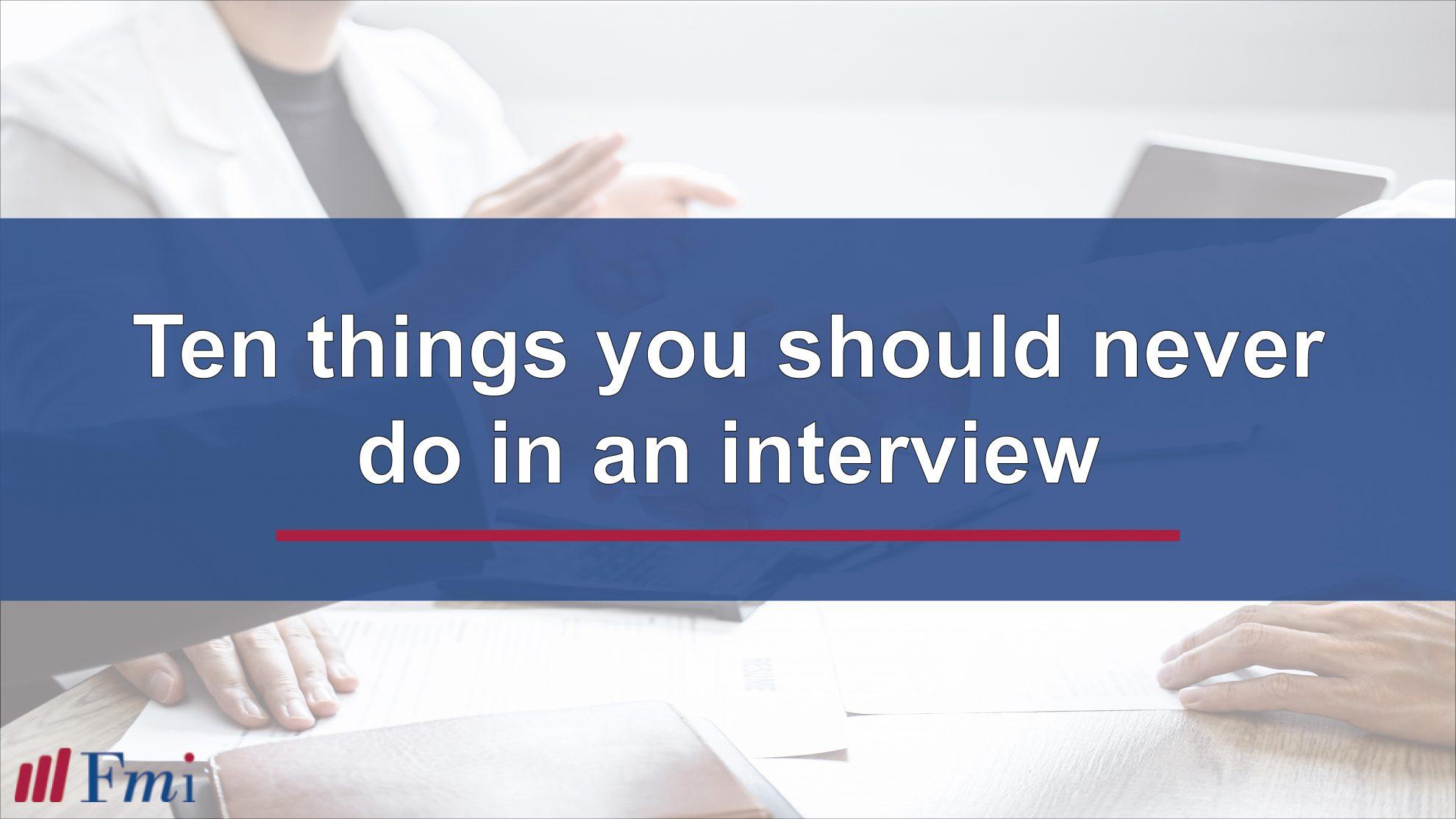
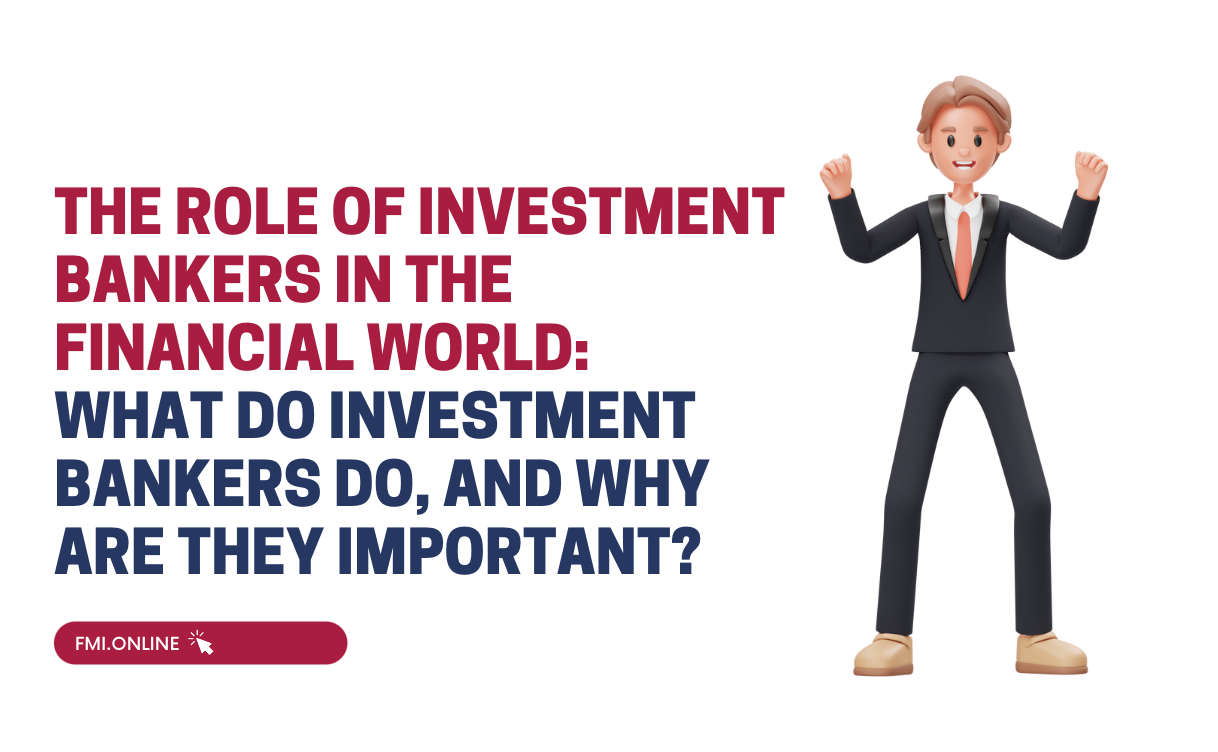
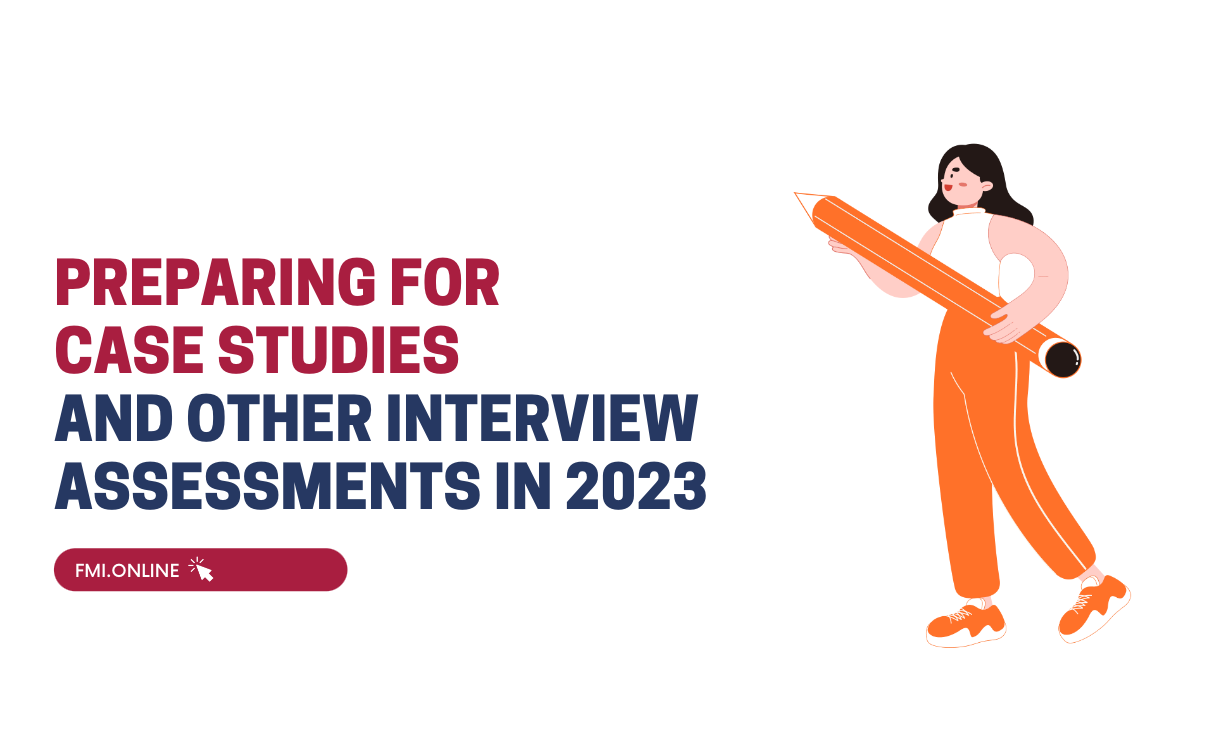



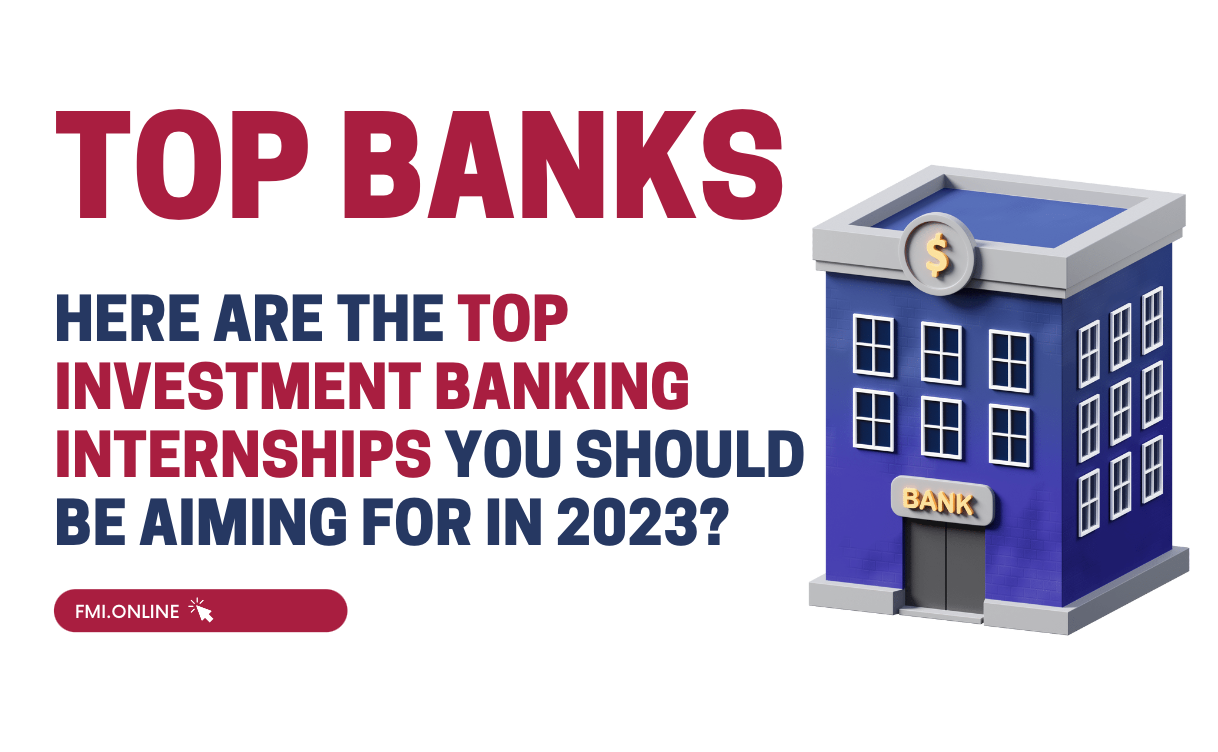
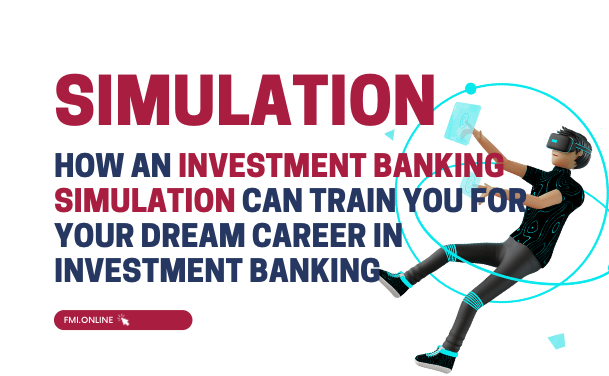
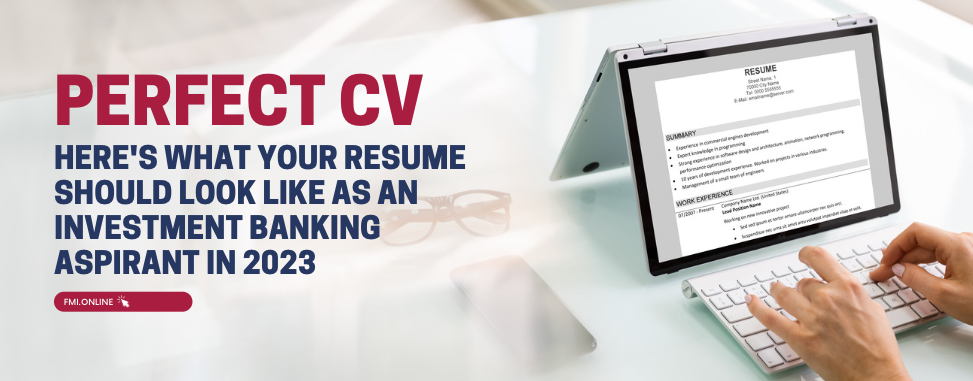
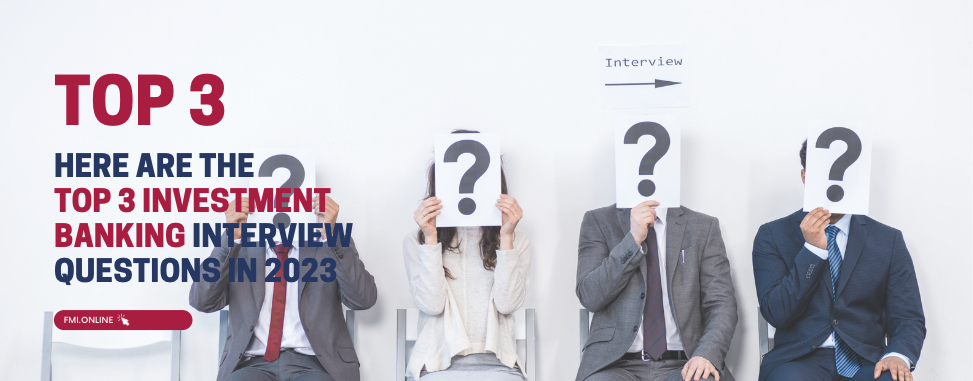
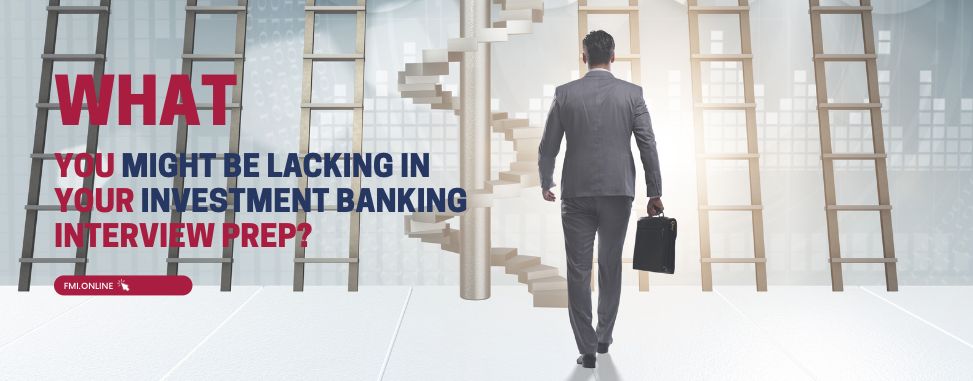

 60+ hours
60+ hours 9 courses
9 courses



